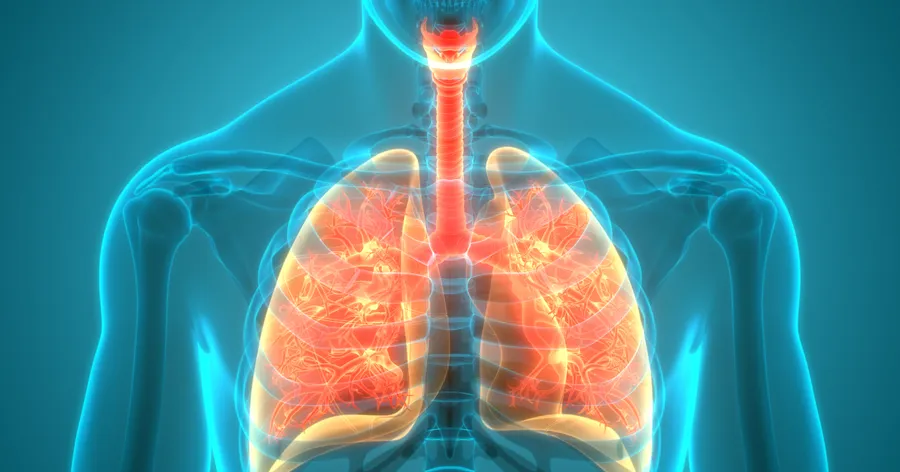Cystic fibrosis (CF) is a genetic disorder that affects the respiratory, digestive, and reproductive systems. It is caused by mutations in the CFTR gene, leading to the production of thick and sticky mucus that can clog the airways and other ducts in the body. Early detection and management of cystic fibrosis are crucial for improving outcomes. Here are 10 important symptoms associated with cystic fibrosis:
1. Persistent Cough:
- Characteristic:
- A chronic and persistent cough is a common symptom of cystic fibrosis.
- Explanation:
- Thick mucus in the airways can lead to coughing as the body attempts to clear the air passages.
2. Recurrent Respiratory Infections:
- Characteristic:
- Frequent respiratory infections, such as pneumonia or bronchitis, may occur.
- Explanation:
- The thick mucus provides an environment conducive to bacterial growth, increasing the risk of infections.
3. Wheezing and Shortness of Breath:
- Characteristic:
- Wheezing and shortness of breath may be present, especially during physical activity.
- Explanation:
- Airway obstruction caused by mucus can lead to difficulty in breathing and wheezing.
4. Poor Growth and Weight Gain:
- Characteristic:
- Children with cystic fibrosis may experience poor growth and struggle to gain weight.
- Explanation:
- Malabsorption of nutrients due to pancreatic insufficiency can impact growth and weight.
5. Digestive Issues:
- Characteristic:
- Digestive symptoms may include abdominal pain, bloating, and diarrhea.
- Explanation:
- The thick mucus can block the ducts in the pancreas, leading to impaired digestion and nutrient absorption.
6. Salty Skin:
- Characteristic:
- Individuals with cystic fibrosis may have salty-tasting skin.
- Explanation:
- The CFTR gene dysfunction affects salt and water balance, leading to elevated salt levels in sweat.
7. Clubbed Fingers and Toes:
- Characteristic:
- Clubbing, a rounding and widening of the fingertips and toes, may occur.
- Explanation:
- Chronic low oxygen levels can contribute to the development of clubbed fingers and toes.
8. Nasal Polyps:
- Characteristic:
- Nasal polyps, noncancerous growths in the nasal passages, may be present.
- Explanation:
- Chronic inflammation in the airways can lead to the development of nasal polyps.
9. Male Infertility:
- Characteristic:
- Men with cystic fibrosis may experience infertility due to the absence or blockage of the vas deferens.
- Explanation:
- The vas deferens, which carries sperm from the testes, may be affected by the thick mucus.
10. Meconium Ileus (in Newborns):
- Characteristic:
- Newborns with cystic fibrosis may present with meconium ileus, a blockage of the intestine.
- Explanation:
- Thick and sticky meconium (first stool) can obstruct the intestines.
Importance of Early Diagnosis:
- Early diagnosis and intervention are critical for managing cystic fibrosis effectively.
- Newborn screening programs in many countries help identify cystic fibrosis early, allowing for prompt medical care.
Treatment and Management:
- Medications: Enzyme supplements, bronchodilators, antibiotics, and other medications to manage symptoms.
- Chest Physiotherapy: Techniques to help clear mucus from the airways.
- Nutritional Support: High-calorie, nutrient-dense diets and vitamin supplements.
- Lung Transplant: In severe cases, a lung transplant may be considered.
Individuals suspected of having cystic fibrosis or experiencing symptoms should seek medical attention for proper diagnosis and management. A healthcare professional, typically a pulmonologist or a pediatrician, can perform tests such as sweat chloride tests, genetic testing, and imaging studies to confirm the diagnosis. Early and comprehensive care can significantly improve the quality of life for individuals with cystic fibrosis.

